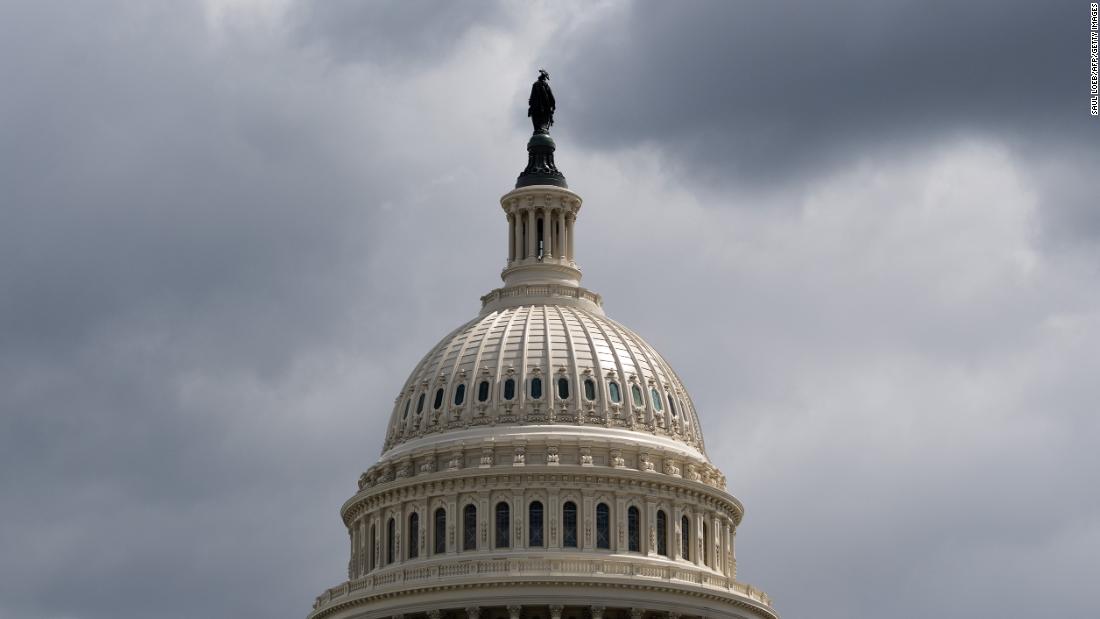
Senate Majority Leader Mitch McConnell is pushing for liability protections for business in the next Senate bill, a step he sees as crucial to protect employers who reopen during the crisis. He described their inclusion as a "red line" in an interview with Fox News Radio. In response, Democratic leaders have voiced concerns that such legal changes could make conditions less safe for workers. House Speaker Nancy Pelosi told reporters Tuesday, "I don't think at this time of the coronavirus that there is any interest in having any less protection for our workers, in fact, even more."
Major business groups are spearheading the push for political action to limit Covid-19 liability claims. Thomas Donohue, CEO of the US Chamber of Commerce, told CNN his group planned to work "very aggressively" with Congress to create a stopgap for pandemic-related class actions lawsuits.
The National Association of Manufacturers is asking Congress to limit state and federal lawsuits against essential manufacturers. In a set of policy recommendations, the association proposed limiting claims to instances where the manufatcurer had "actual knowledge" an employee would be exposed to the virus and "acted with reckless indifference or conscious disregard as to whether they would contract it."
Appearing on CNN, Matthew Shay, the president of the National Retail Federal said he also believes some liability protections should be put in place for companies who are following appropriate guidelines.
Walmart is already facing a wrongful death suit in Illinois, brought by the brother of an employee who allegedly died from Covid-19-related complications. The legal complaint alleges several employees were showing signs and symptoms of the virus. In statement, Walmart said it mourns the loss of two employees at the store involved. It also took action at the time to reinforce cleaning and sanitizing measures, the company said, and that the store passed "a third-party safety and environmental compliance assessment as well as a health department inspection."
Winning a court case against a company for damages related to a Covid-19 infection could be difficult for several reasons. First, employees or customers would need to prove where they were infected, and that the company was negligent in some way, said Eric Swan, a defense lawyer at Lathrop GPM who works with Fortune 500 companies.
However, Swan believes these challenges won't stop suits from being filed. Many cases may be brought in an attempt to force companies "into a position where it just makes more economic sense to settle," he said.
Swan is advising companies that are worried about legal issues involving reopening to follow all state and local guidelines, and to be stringent about social distancing and disinfection processes. Also, he adds: document everything.
Many employee claims related to contracting Covid-19 will be covered by worker's compensation laws and never end up in court, said Cynthia Estlund, a professor at New York University Law School who specializes in labor and employment issues. Worker's compensation is set up by states to create a standard process to provide cash for people who get injured at their place of work. Employees must prove their claim is work-related (for example, they contracted Covid-19 at work), but don't need to prove that employers acted negligently in order to collect money. However, the level of cash benefit under worker's compensation is capped.
Estlund said some states limit the worker's compensation system to accidents only, giving lawyers more room to try and make a claim in court, where they can recover larger damages for issues including for pain and suffering.
Unions and labor groups are concerned that any congressional action to limit company liability could put workers at risk. Jona Rosen, associate general counsel for the AFL-CIO, said the union opposes such proposals as they diminish employers' responsibility to provide a safe environment for workers during the crisis. She said the deadly outbreaks among meatpacking workers and transit workers reveal the "insufficient protections and insufficient concerns about the health and safety of people working in these jobs."
She added that the lack of detail in current proposals for legal changes to liability made it difficult to comment at this point.
The idea of limiting business liability is so broad that, it's difficult to assess the impact until specific legislation is proposed. Lawmakers could choose to ban lawsuits related to business Covid-19 exposure, move liability to the government itself or set up a set scheme for compensation. One potential model Swan pointed to is the National Vaccine Injury Compensation Program. Created in the 1980s, it compensates individuals who experience an injury as a result of a vaccine but protects vaccine makers from litigation that might threaten their operations.
If Congress does move forward with a plan, Estlund said it needs to get the details right. "You wouldn't want to create a license to not be careful," she said.
"from" - Google News
April 30, 2020 at 07:33AM
https://ift.tt/2Wcj9BP
Debate emerges: Should businesses be protected from Covid-19 lawsuits? - CNN
"from" - Google News
https://ift.tt/2SO3d93
Shoes Man Tutorial
Pos News Update
Meme Update
Korean Entertainment News
Japan News Update

No comments:
Post a Comment